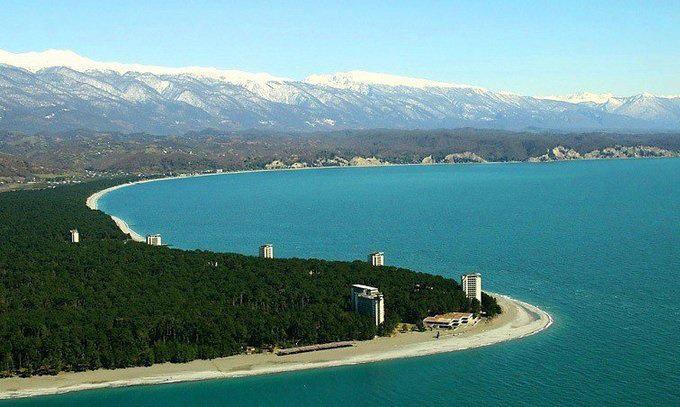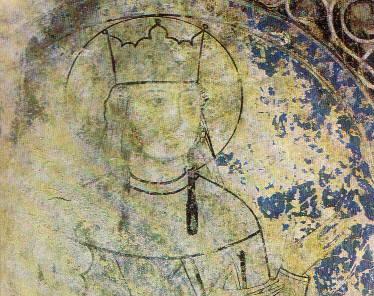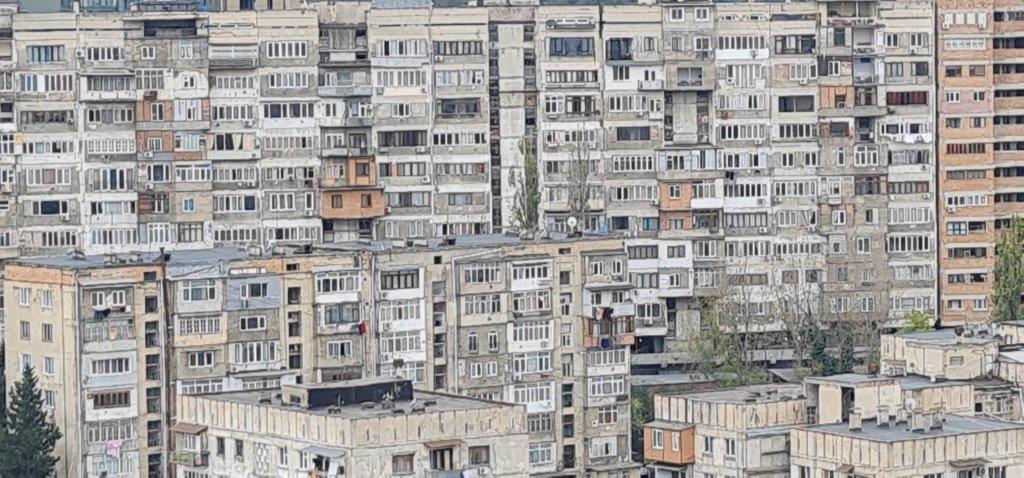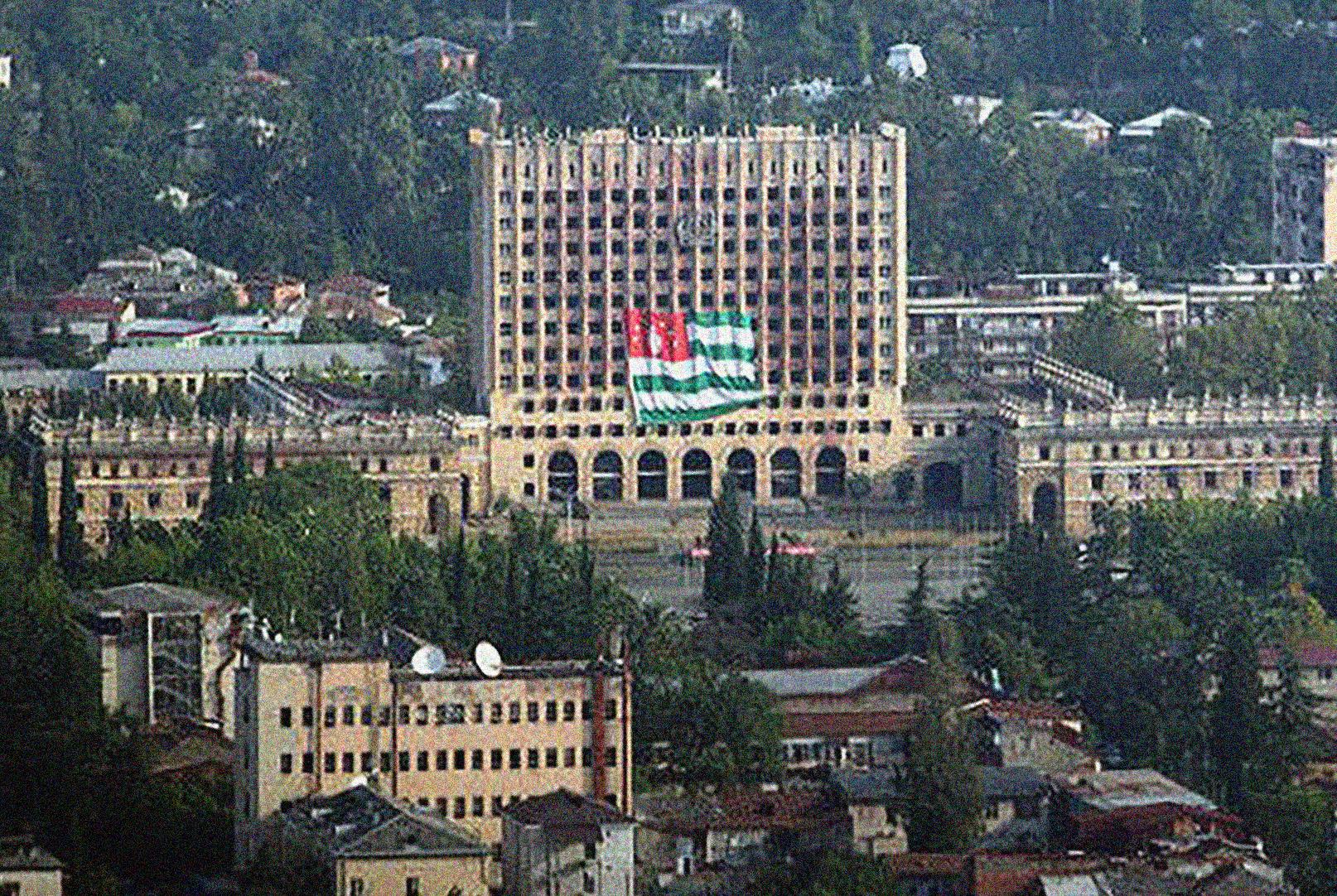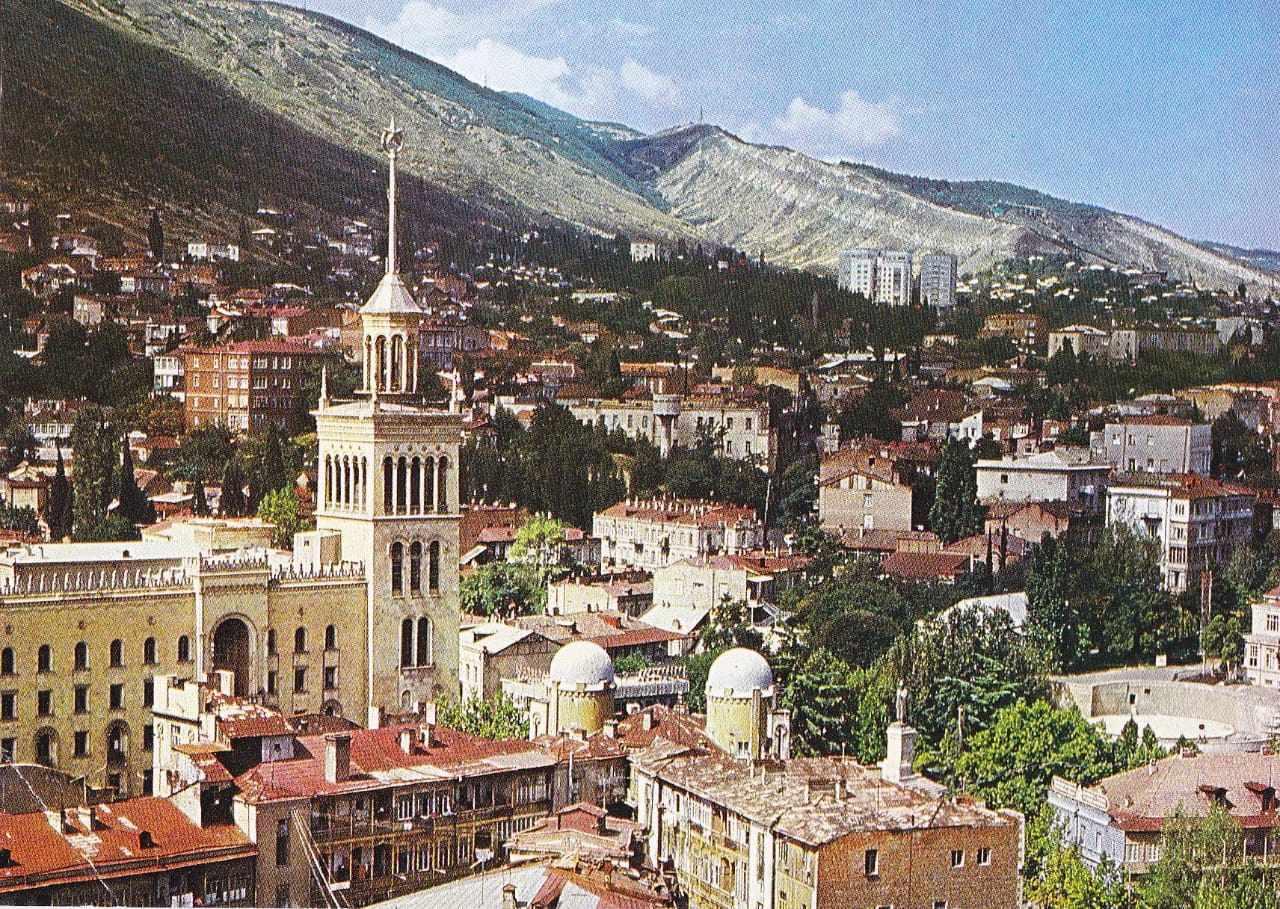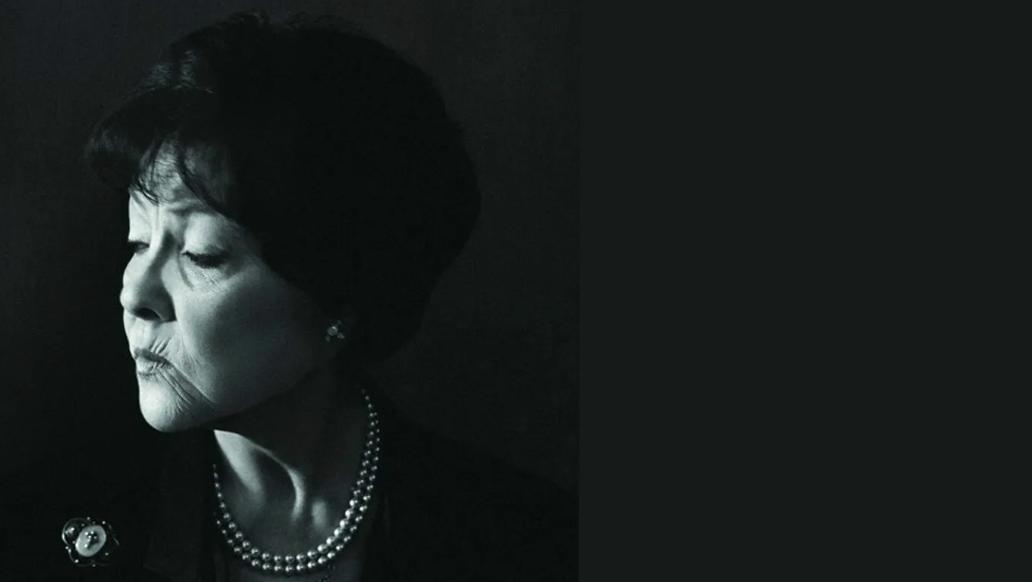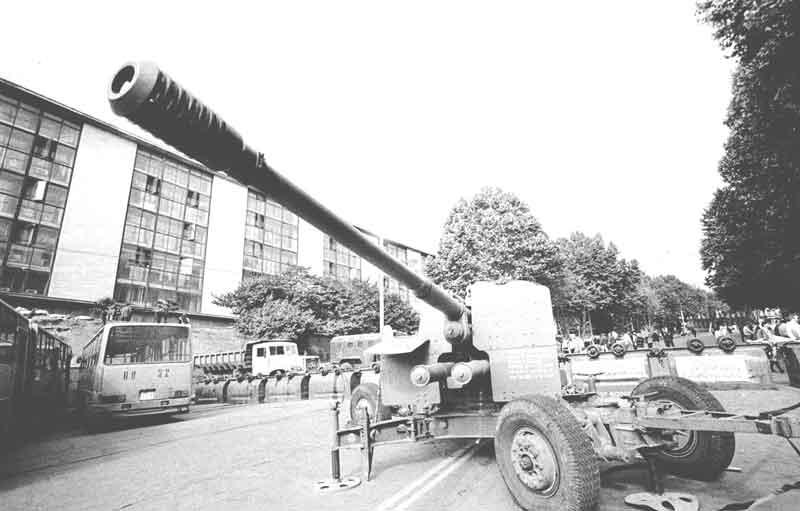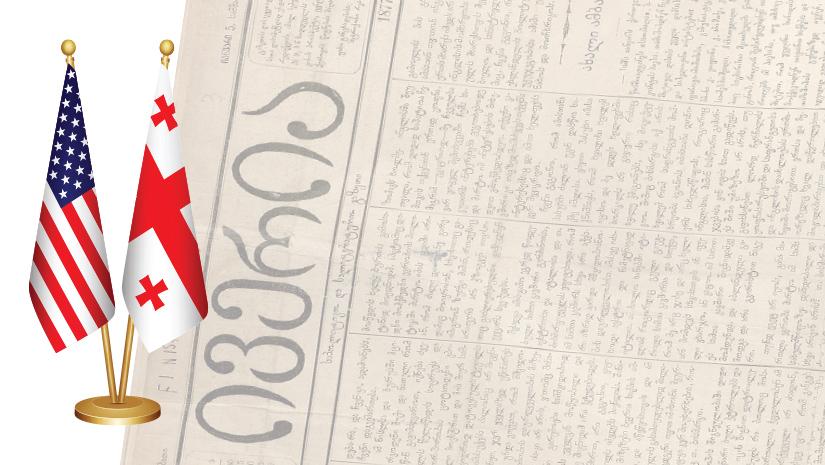
Author : Zurab Guruli
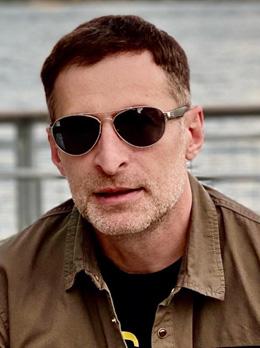
The loss of independence removed Georgia from the global political context. For a province of the Russian Empire, discussing the nuances of international politics became a completely useless prospect. Ilya Chavchavadze became a pioneer in this virgin field. His political reviews were aimed at the general public and were not coloured by the political prism of the Russian state. In 1889, when Ilya was speculating on the future of Europe and the United States, the 23rd President Benjamin Harrison was in the White House. The US is now led by its 46th president. When the founders of New Iveria asked me to write my own column in the journal, I couldn’t help but reflect on this fact. Since the twenty-third president from Iveria to New Iveria, there have been exactly 23 presidents, and just a few weeks ago the year 2023 came to an end, the most difficult political year for the whole planet as well as for our small country. How are we in Georgia today responding to the international political context? What is our perception?
Will our political elite have the strength to make the average Georgian citizen see Georgia’s domestic and foreign policy through an international prism? Perhaps the main reason for our failure as a state is that Georgians still see the world from a narrow provincial perspective, and therefore we have a distorted, twisted idea of so-called Western values?
The doctrine, ‘Georgia is a small village’, inherently entails excluding oneself from the world political context and observing the international political climate through a provincial prism. This formula, created by the Russian security services, renders it impossible for Georgia to develop as an independent state.
2024 is an important election year around the world, with elections scheduled in both Georgia and the United States. What are the Georgian opposition’s arguments to the Georgian electorate, and what platform will they use to counter the ‘small village’ doctrine? Why does the supposedly more progressive opposition spectrum lack significant international credibility or contacts? How and why have we once again fallen out of the international political context? Is the colossal influence of the Russian secret services solely to blame? What arguments do we have to justify this fiasco? Or are we limited to existential apologies?
In 1889, a serious discussion of the militarisation of Europe and the economic boom of America might have seemed rather comical against the background of the problems prevailing in Georgian society.
However, Iliya still managed to instil in modern Georgians a sense of world citizenship and encouraged them to think in accordance with universal criteria. What are we doing in this direction today? Who is responsible for the political education of society? Is there a real political elite left in the country, or was it all just a sham?
We have posed many questions, and none of them are rhetorical. Each must be answered because these answers hold existential significance for the existence of the Georgian state. Gradually, I myself realized what my column would be about, what topics I wanted to discuss with readers, what we should learn together, and what we should delve into in our discussions.
After the Rose Revolution, Georgia made a serious step towards returning to the global political context, but we have not managed to overcome our political provincialism. Let us recall our attitude towards the American presidential elections of 2008, when the current Georgian political elite strongly and openly supported John McCain. Americans elected Barack Obama as President and what happened afterwards you know for yourself. What conclusions did the Georgian progressive political spectrum draw from this lesson?
The situation in the American political system is indeed very contradictory and tense. How is the Georgian political spectrum preparing for the results of the 2024 American elections? Are we at least one step ahead of the political provincialism that manifested itself in 2008?
Unfortunately, it seems we haven’t learned much. Georgian critical media is entirely and unquestioningly fed by American single-issue news sources, falling into the same patterns as in 2008. This implies that the Georgian opposition spectrum may once again be left without a robust international political lobby in the world’s leading country, leading to potentially detrimental consequences on the domestic political front.
The decision of the Georgian opposition to participate in the 2024 elections, despite lacking substantial guarantees from the government regarding the new composition of the election commission or the improvement of the electoral process, raises questions. Moreover, the opposition lacks a unifying national political doctrine, relying solely on the rather pathetic slogan: ‘All against Ivanishvili!’ How effective will this slogan be? Is there a backup plan in case the international political context unfolds unfavourably for us? What arguments will they present in favour of the so-called ‘doves of peace’? How will they convince voters that democratic ideals outweigh basic existentialism? Is their goal a decisive victory or merely a change of scenery in parliament?
In 1889, when Iliya discussed the political reality of Europe and America, he was driven by only one goal: To prompt Georgians to think, reflect, and transcend narrow provincial frameworks. His aim was to gradually instil in them the capacity to imagine themselves as citizens of the world, ultimately fostering the potential for global citizenship.
Perhaps New Iveria should endeavour to do the same. A modern Georgian should grasp the essence and concept of democratic values and not solely associate the West with high pensions and pleasant travels. Georgia must overcome the gravitational pull of the ‘village’ mentality and break free from the provincial constraints. This is both the current imperative and the essential task at hand.
...in 1889 Freedom Square was called Yerevan Square, Rustaveli Avenue was known as Golovin Avenue; Tbilisi had only two monuments, to Vorontsov and Pushkin; it would be another 50 years before the Rustaveli monument was erected... and Ilya was writing about the political future of Europe and the US.
It is the year 2024 now. We have an obligation!


